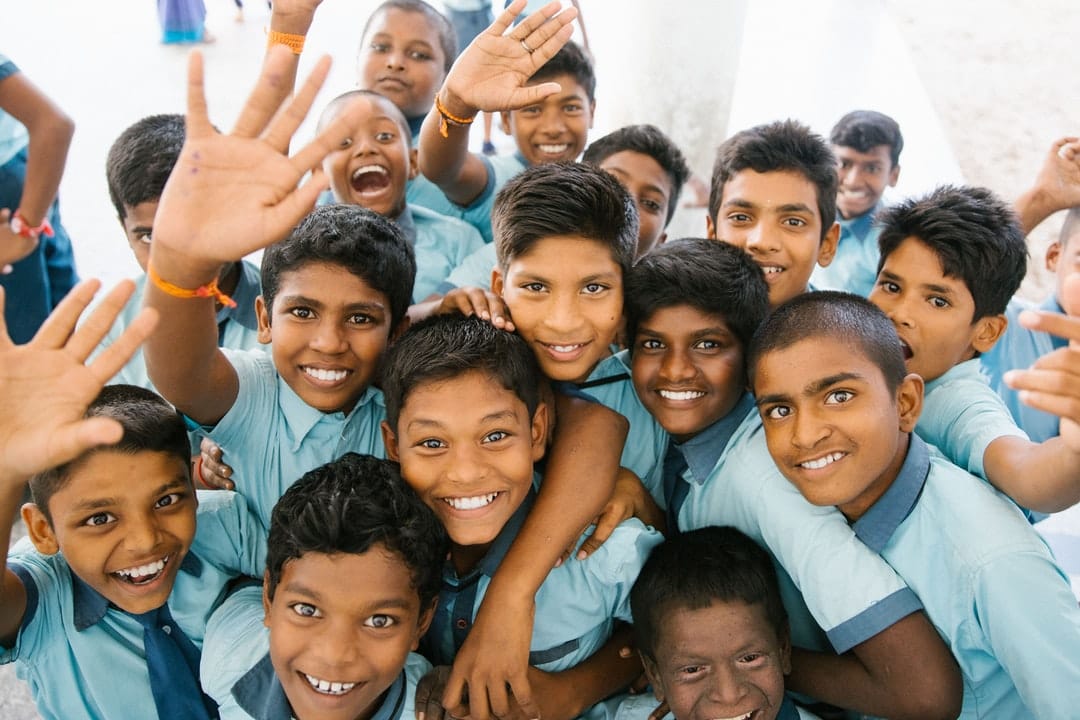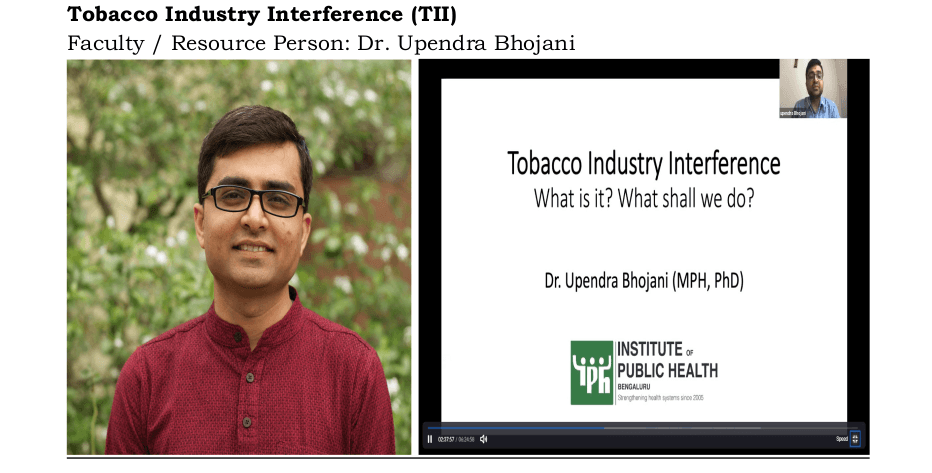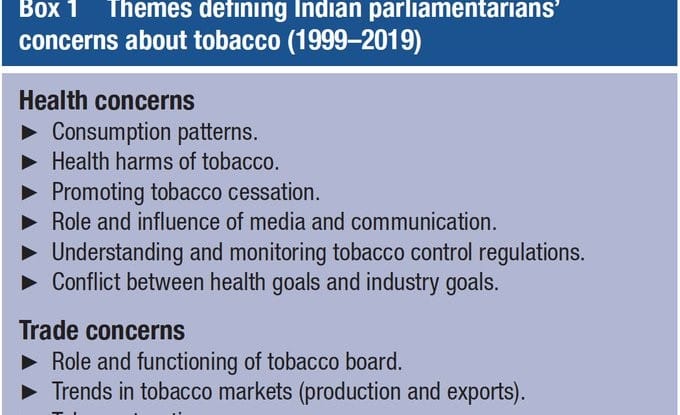
Anusthana’s protocol paper published in BMJ
Dr. Pragati Hebbar together with Vivek Dsouza, Upendra Bhojani, Onno CP van Schayck, Dr. Giridhara Babu, and Gera Nagelhout co-authored a protocol paper titled “Implementation research for taking tobacco control policies to scale in India: a realist evaluation study protocol”. This protocol is part of project ‘Anushthana’ and outlines the five-year study undertaken within the Chronic Conditions and Public Policies cluster at the Institute of Public Health (IPH). Tobacco use is responsible for 1.3 million deaths in India each year and is a major public health threat. Although comprehensive tobacco control measures like the Cigarettes and Other Tobacco Products Act (COTPA), 2003, and the National Tobacco Control Programme (NTCP) exist, implementation remains varied and suboptimal across Indian states. Through this study protocol, our attempt is to understand the implementation landscape in India with respect to tobacco control.

We do this by
- Assessing the implementation process of current tobacco control policies.
- Identifying the underlying conditions for variation during implementation
- Identifying the factors that support or undermine implementation in settings where issues around tobacco are complex and multi-dimensional.
Anushthana is funded by the DBT/Wellcome Trust India Alliance. The protocol paper is published in BMJ Open and can be accessed here
















